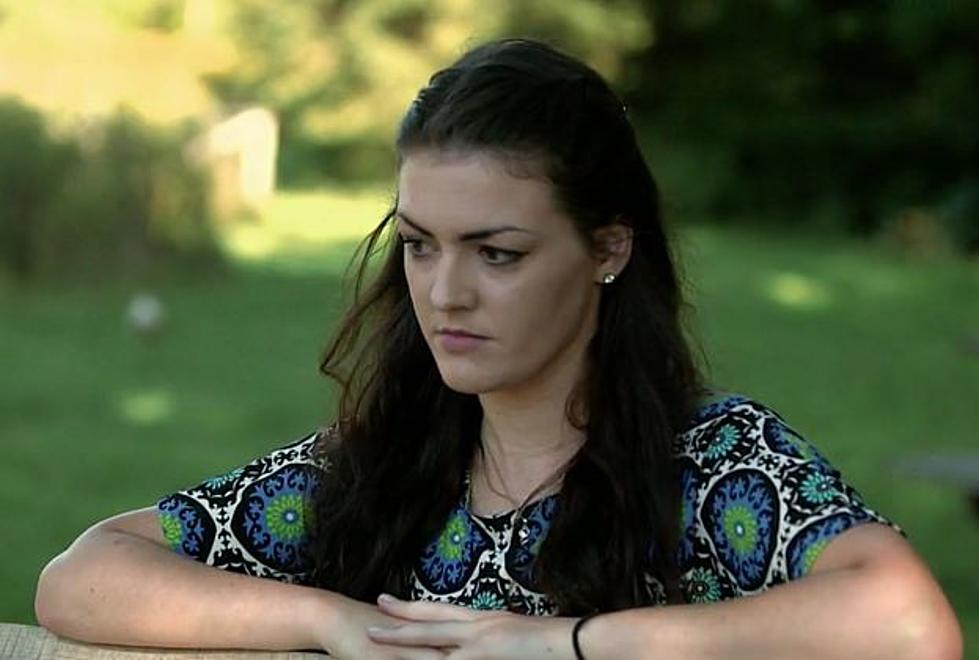
Kaitlyn Conley- Guilty or Not Guilty? Jury Deliberations Continue
Did Kaitlyn Conley of Sauquoit conceive and ultimately carry out a deliberate plan to poison and kill her boss, Dr. Mary Yoder back in July of 2015? Or has she been wrongfully charged by Oneida County and is there someone else out there responsible for the chiropractor's death? Those are just some of the questions jurors are asking themselves as they deliberate Conley's guilt or innocence.
On Thursday, the prosecution and defense rested their cases. Assistant District Attorney Laurie Lisi demonized Conley and for the first time added a motive, claiming Conley killed her boss in order to lure her former boyfriend Adam Yoder, Mary Yoder's son, back into a relationship. The prosecution claims Conley used colchicine to poison and ultimately kill Yoder. Defense Attorney Christopher Pelli told a very different story saying Conley was innocent and gullible and "lost a good friend" in Yoder. Pelli pinned the murder on Yoder's husband, William Yoder, who he says was romantically involved with the victim's sister, citing witness testimony that the two were romantic before Mary Yoder's death.
On Friday, the jury deliberated all day before being sent home for the weekend. The jury did send questions back to the court for Judge Michael Dwyer on Friday and asked to have several pieces of testimony read back to them, according to Cara Thomas of Spectrum News, who has shared her reporting on the trial with WIBX's Keeler Show.
Here are some of the questions they had for Judge Dwyer:
• They asked to hear back testimony from a computer forensic expert who examined Mary Yoder's cell phone and tablet.
• They had questions regarding testimony about William Yoder's knowledge of the drug colchicine and what Mary Yoder told the emergency room doctor she had eaten prior to becoming ill.
• The jurors also asked for the judge to reread to them the definition of "reasonable doubt"
According to NYCourts.gov, the definition of "reasonable doubt" as it relates to trials in New York State is:
A reasonable doubt is an honest doubt of the defendant's guilt for which a reason exists based upon the nature and quality of the evidence.19 It is an actual doubt, not an imaginary doubt.20 It is a doubt that a reasonable person, acting in a matter of this importance, would be likely to entertain because of the evidence that was presented or because of the lack of convincing evidence.
Proof of guilt beyond a reasonable doubt is proof that leaves you so firmly convinced 22 of the defendant's guilt that you have no reasonable doubt of the existence of any element of the crime or of the defendant's identity as the person who committed the crime.
Jurors are expected to resume deliberations on Monday morning.
More From WIBX 950









